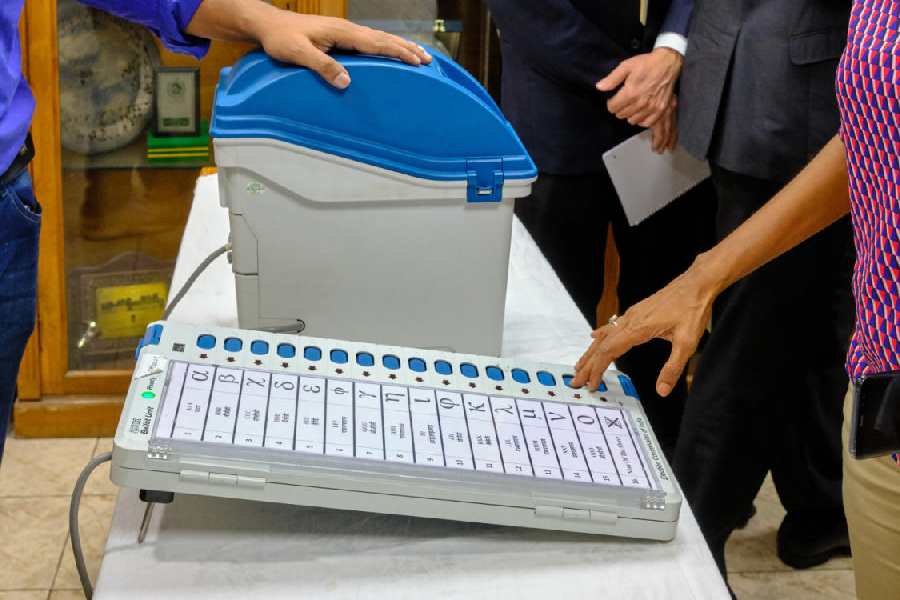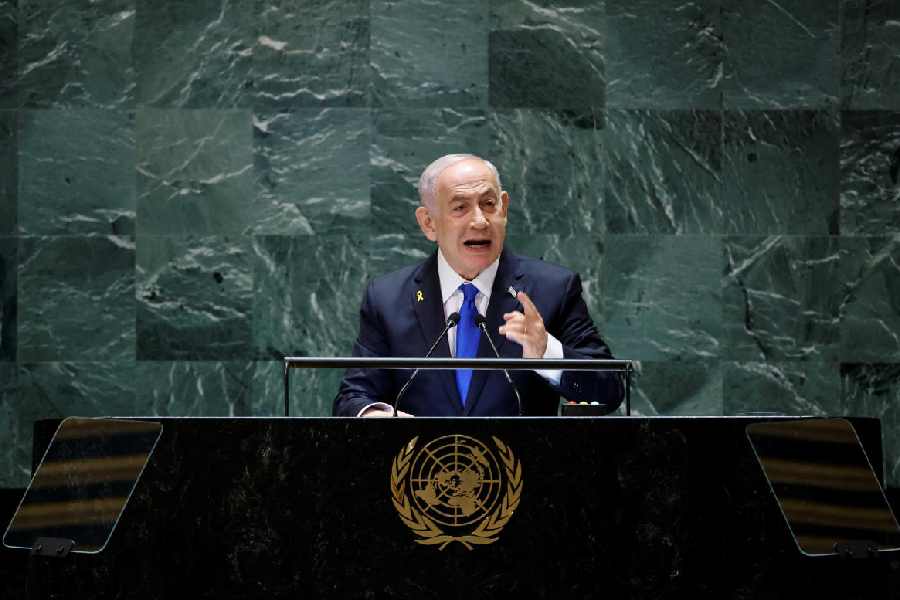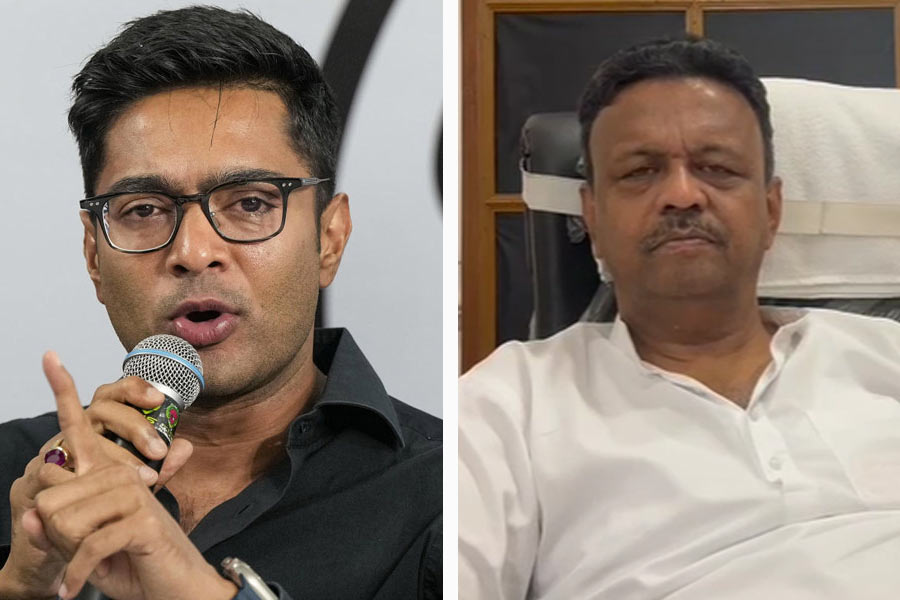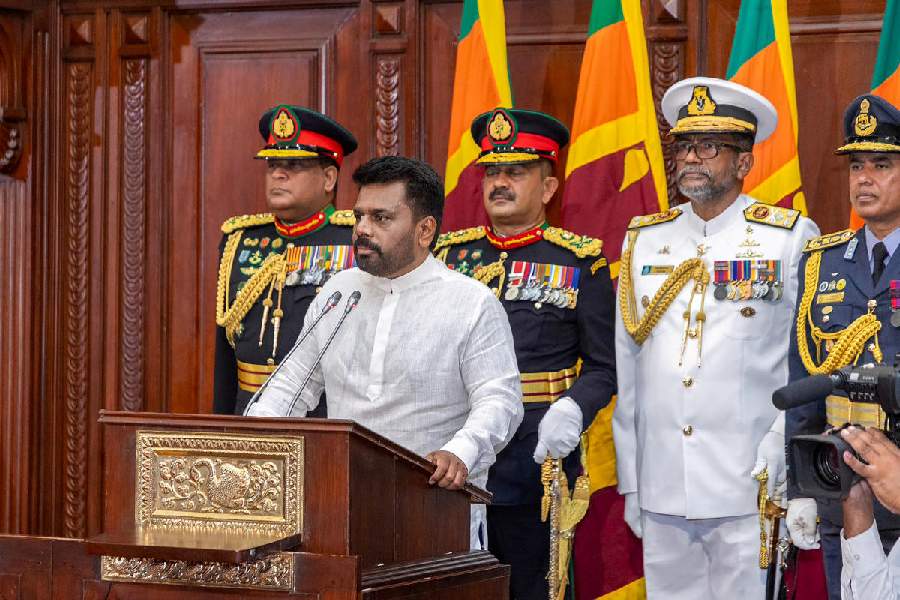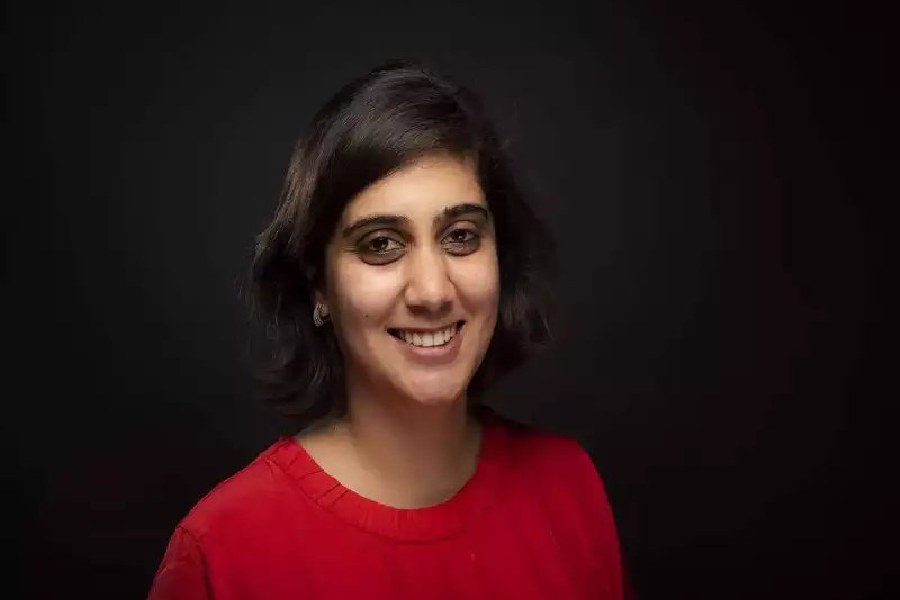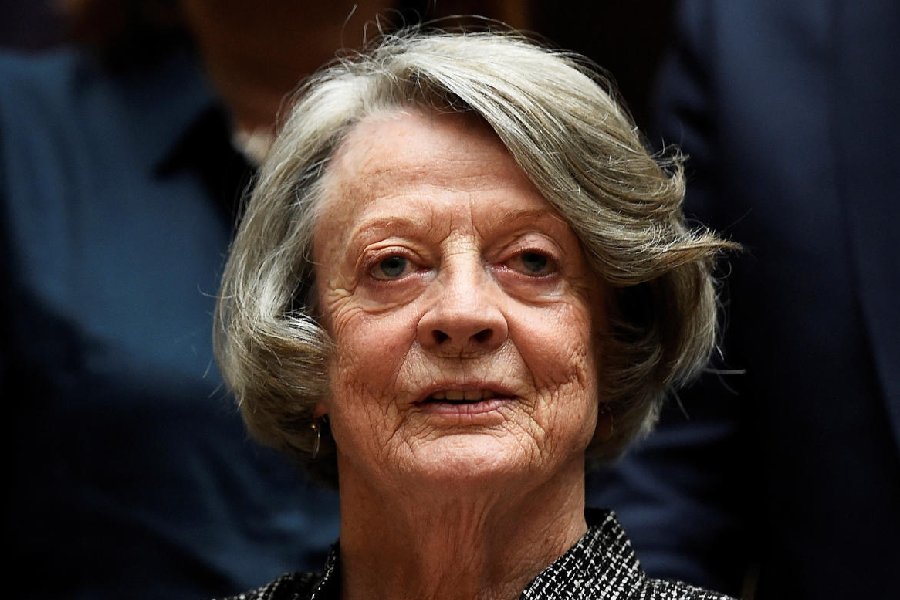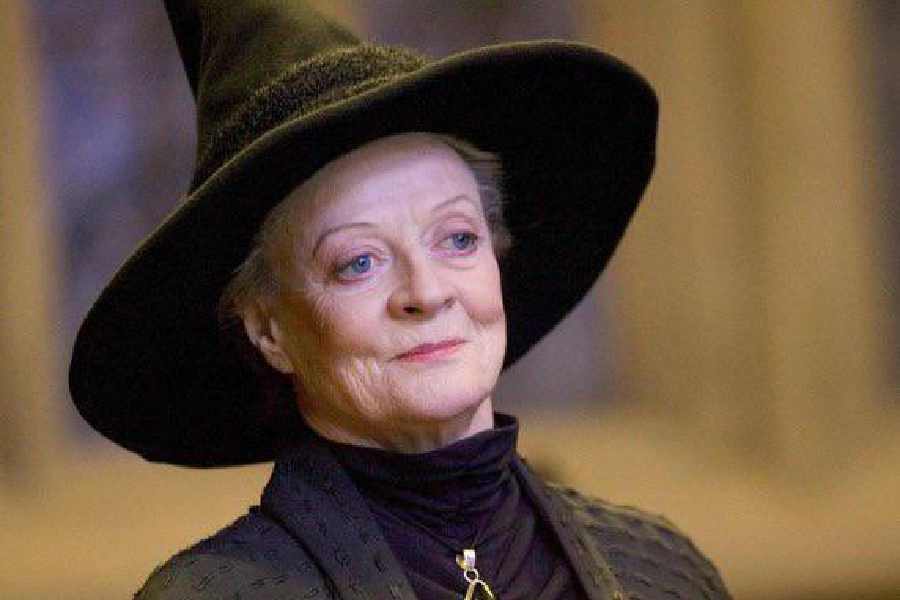Jammu and Kashmir on Wednesday registered another decent turnout of 54 per cent in the second phase of the Assembly elections, bringing cheer to Shabir Masoodi, 85, lawyer and visually impaired son of slain politician Maulana Mohammad Sayeed Masoodi.
Maulana was a top leader in Kashmir’s fight against Dogra autocracy, serving as National Conference general secretary from 1934 to 1953. He was assassinated at his home by militants in December 1990.
Many top political players in Kashmir have shuttled between the boycott and participation bandwagons over elections during the region’s tumultuous decades but Maulana’s family takes pride in always supporting the participation and has suffered for it.
"This time even those who had a tough stand on elections, declared others as anti-nationals for participating in polls and found them worthy of bullets, too are participating. Our family, on the other hand, always favoured elections. We have been proven correct,” Shabir told The Telegraph at his home, in an apparent reference to the banned separatist organisation Jamaat-e-Islami.
The second phase of elections on Wednesday presented a contrasting picture, with Ganderbal and Budgam districts voting in numbers — recording 59 per cent turnout each — while Srinagar registered a modest 27.5 per cent turnout. The turnout in the second phase was 4 per cent less than in the first phase.
Twenty-six Assembly constituencies in central Kashmir and Jammu’s Pir Panjal and Reasi districts went to polls on Wednesday.
Although participation has picked up this year in both the Lok Sabha and Assembly elections, there are still many people, like in Srinagar’s old city, who believe elections are an exercise in futility.
They believe more participation has resulted in more disempowerment, leading to a climbdown from a status when J&K had its own prime minister and enjoyed complete autonomy on all issues except defence, foreign policy, currency and communication to a Union Territory with very limited powers.
Central Kashmir’s Ganderbal constituency, perhaps more than any other, has been witness to this downgrade, as much to the fall of Kashmir’s first family Abdullahs and their hold on politics. The National Conference (NC) lost the 2014 elections but are favourites this time but the days of getting an absolute majority are over.
In his quiet home at Ganderbal, guarded by police, Shabir avoided the debate over who would win but seemed elated that people were coming out to vote.
“Democracy always empowers. An elected government is always better (than a non-elected government). This election can rid us of the pain of officialdom,” he said.
“Whether you win or lose is a different thing. Political parties are not there to stay home. If you believe in democracy, you should fight.”
The old-timers in Ganderbal recalled with pride when NC founder Sheikh Mohammad Abdullah served as prime minister of Jammu and Kashmir between 1947 and 1953. He was dismissed that year and jailed, prompting him to boycott the subsequent elections, although Maulana always insisted on participation.
Shabir took the plunge into electoral politics in 1967, only to lose.
“We had sent a word to Sheikh Sahab, who was in Kodaikanal jail, that we should contest and not boycott but he fiercely opposed it. My father was also in jail at that time and I took an independent decision to contest,” he said.

